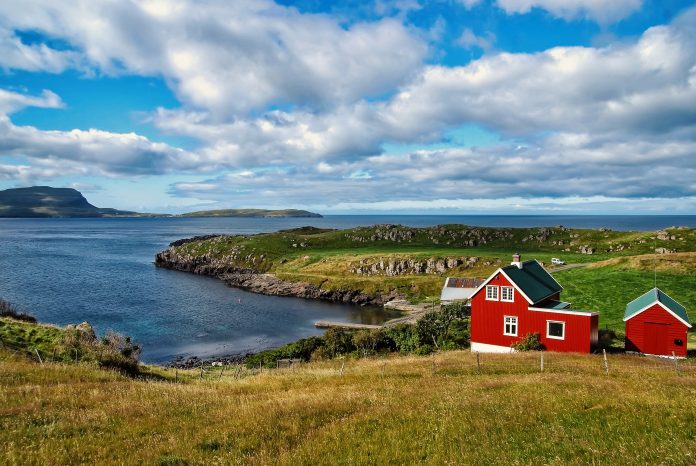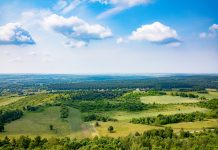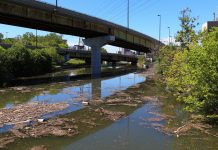Open Access Government tracks the recent work of Denmark’s Ministry of the Environment, as it becomes an independent Ministry splitting from the Ministry of Food, Agriculture and Fisheries
Since June 2015, the Ministry of the Environment and Food has been a merger of the Ministry of Food, Agriculture and Fisheries and the Ministry of the Environment, and was led by the Ministers of both departments. However, after a cabinet reshuffle following the resignation of Minister for Food, Agriculture, Fisheries, Nordic Cooperation and Gender Equality Mogens Jensen due to criticism of his handling of COVID-19 in mink herds, it was announced on 19 November 2020 that the merger was to become two independent ministries.
Here, we track the work of the Ministry of the Environment, which is headed by Lea Wermelin, who was appointed as the Danish Minister of the Environment in 2019 and is dedicated to working towards a sustainable environment in Denmark and combatting the global nature crisis.
“Every fourth of the world’s animal and plant species today are in danger of extinction, and thousands of species are in danger of extinction in this country. To reverse the natural crisis, ambitious international goals are crucial. Here, we on the Danish side must help to push for both 30% protected areas on land and at sea,” she firmly states while discussing how an expansion of the world’s protected areas is a crucial step in the fight against the loss of nature.
This ambitious goal will be supported in Denmark by the establishing project proposals for the opening of their first two nature national parks “as a means of getting nature back on its feet” which are planning to be inaugurated in early 2022. A total of DKK 30 million has been set aside for these plans and overall, these new nature national parks are expected to cover an area of approximately 1,900 hectares, all of which will remain untouched and without any agricultural practice. The natural hydrology of the areas is sought to be recreated, and nature will be allowed to develop on its own terms.
Denmark moves into 2021 with high prospects for environmental protection and the green transition as the end of 2020 marked the introduction of several ongoing funding opportunities. For example, DKK 77 million has been set aside in support of 36 large and small environmental projects that have begun to develop innovative environmental technology solutions to some of society’s environmental and climate challenges. “Fortunately, Denmark is full of innovative companies and green ideas, and The Environmental Technology Development and Demonstration Program (MUDP) is an important tool for translating ideas into action. I am pleased that these new 36 projects support the government’s focus areas and priorities, especially in relation to climate, green research and the circular economy,” said Lea Wermelin in October 2020.
Furthermore, DKK 40 million has been granted to help to ensure green conversion and reduction of the climate impact from Danish agriculture.
Protecting consumers against illegal e-commerce
Currently, consumers are unable to keep track of whether they have purchased any illegal products under the supervision of the Chemicals Act. However, on July 1, 2021, this is expected to change, as Minister Wermelin has submitted a new bill which aims to make it possible to publish the names of illegal products and manufacturers, importers and dealers who break the law. This means, among other things, that consumers in the future may be greeted by a warning when they enter a website or blog that sells or distributes illegal products. Similar methods are used by social media sites such as Twitter and Facebook when inserting disclaimers on unsubstantiated allegations. This has been called to action by Minister Wermelin as it has become apparent that we are shopping more and more online, due to the COVID-19 epidemic.
“It is basically about protecting Danes, and making it easier to shop safely online. With the list of illegal products that have been sold, we make it easier for consumers to navigate so that they can bypass the websites that cannot follow the rules that are supposed to protect our health and environment”, stated Lea Wermelin.
Overall, it is clear that despite a large change in the division of the ministries, Denmark’s Ministry of the Environment is still working hard in nature conservation, environmental consideration, sustainable and innovative consumer protection and transparency of information, to ensure a better future for itself and for Europe.











